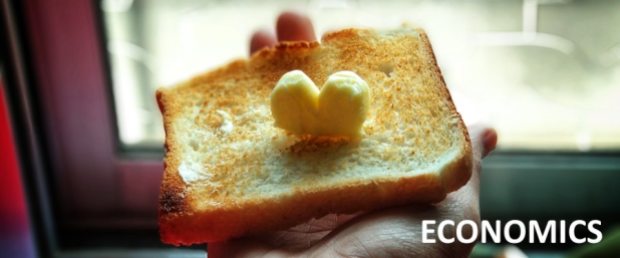
When you spend effort figuring out the position in the train station you should stand to catch the train in order to alight at the optimal position at your destination, you’re investing. And you only would find it worthwhile if you take from the same point of origin to the destination over and over again. The reason is that each time you follow the rule you created for yourself, you reap the benefit of that first problem solving. And over time, the gains compound. You save the extra walking and the time.
But in having this figured out, there’s more inertia to moving workplaces, thinking you’ve already got used to commuting and knowing you are comfortable with the way to travel to that same place every day. It might be foolish to care that much on which station you’d alight for your workplace but you still do. And that can be because you’ve invested in that status quo, to the extent you can autopilot to the location you’re supposed to be.
When we learn to drive a car, operate a machinery, use the interface of a new OS, we are investing into some sort of status quo, or what will become a strong status quo for us. It will be hard to change, because we change the calculations involved on what it means to change whenever to optimise for a particular result. It might be annoying, or boring, but it works.
But upsetting that status quo every now and then, getting your mind to crack and solve new problems, or rethink ‘old ones’, makes for a better mind, and a better life.








